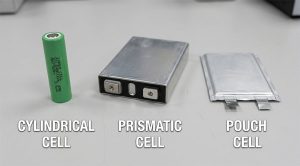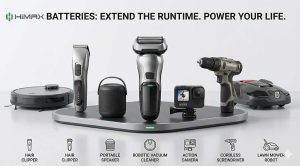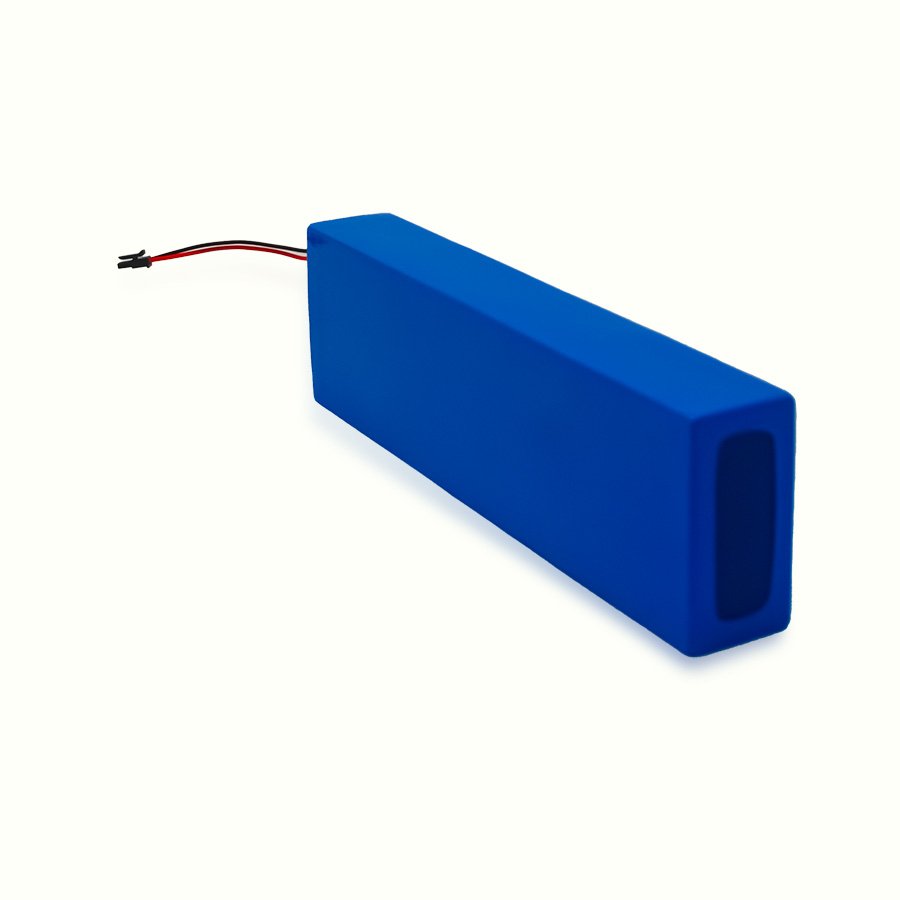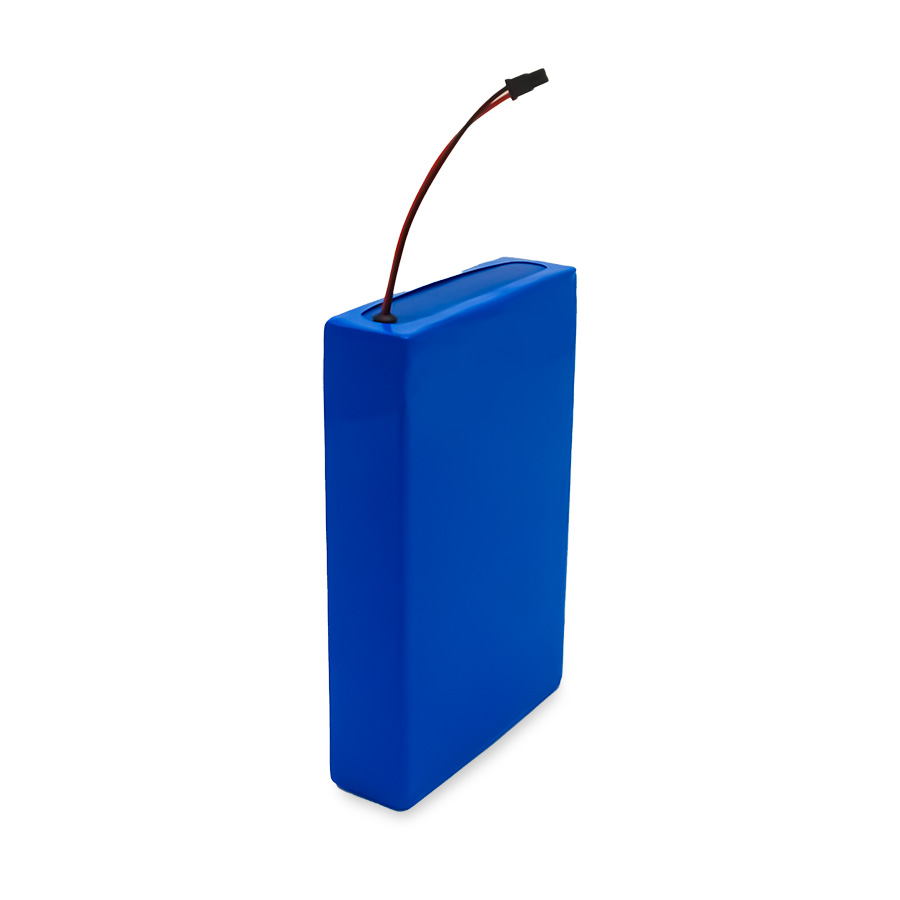In today’s battery-driven world, choosing the right manufacturer for your LiPo battery project can make or break your product’s performance. Whether you’re building drones, wearable devices, or portable electronics, partnering with a reliable manufacturer ensures your custom battery is safe, efficient, and long-lasting. But how do you select the right one — and avoid common cooperation pitfalls? This guide will walk you through the process with practical insights.

Understanding the Importance of Choosing the Right LiPo Battery Manufacturer
A lithium polymer battery (LiPo battery) is not a one-size-fits-all component. Each application has different requirements for voltage, capacity, and size. Choosing a trustworthy manufacturer is crucial because it directly affects your product’s reliability, safety certifications, and market success.
An unreliable supplier can cause delivery delays, inconsistent battery quality, or even safety risks such as overcharging or swelling. A reliable manufacturer, on the other hand, offers technical expertise, transparent communication, and strong quality control systems.
Step 1: Evaluate Manufacturing Experience and Industry Reputation
Start by checking how long the manufacturer has been in the LiPo battery industry. Companies with at least five years of production experience tend to have a deeper understanding of design standards, testing methods, and international certifications.
Search for online reviews, testimonials, or B2B platform ratings (such as Alibaba or Made-in-China). Ask for references from previous clients in similar industries. A reputable LiPo battery supplier will never hesitate to share client feedback or case studies.
Tip: Avoid manufacturers that cannot provide clear references or detailed information about their past projects. That’s often a red flag for inconsistency.
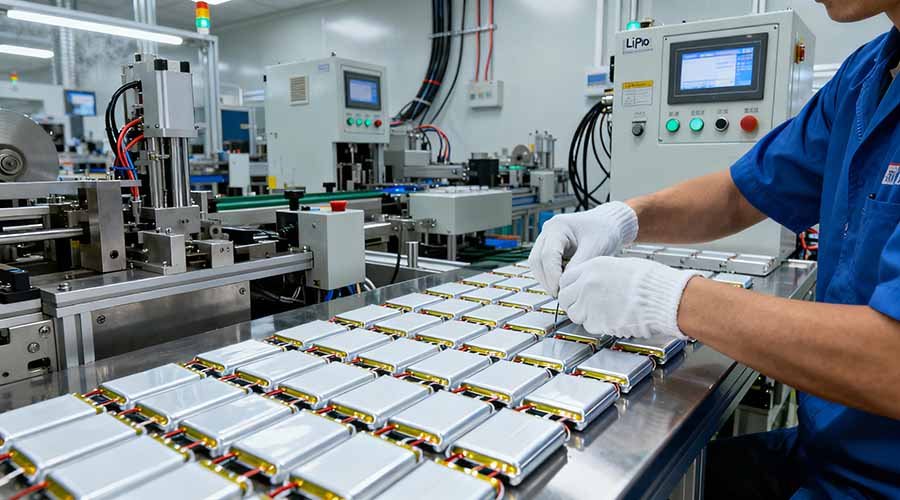
Step 2: Verify Certifications and Quality Standards
Always request documentation that proves compliance with international standards such as ISO9001, CE, UN38.3, and RoHS. These certifications guarantee that the manufacturer follows strict quality management and safety testing procedures.
For high-demand applications like drones, RC cars, or medical devices, additional certifications (UL, IEC62133) add extra assurance.
A serious custom LiPo battery manufacturer will have an in-house testing lab to ensure every battery meets required performance and safety metrics before shipment.
Step 3: Check the Manufacturer’s Customization Capabilities
Customization is one of the main reasons businesses choose LiPo batteries — they can be designed in flexible shapes, sizes, and capacities. But not every manufacturer can handle advanced customization.
Before signing any contract, discuss these technical details:
- Minimum order quantity (MOQ) for custom packs
- Supported battery capacity ranges
- PCB/BMS integration capabilities
- Charging and discharging protection
- Housing design or connector types
Ask for samples to test real-world performance. A capable manufacturer should provide prototype samples quickly and adjust specifications based on your feedback.
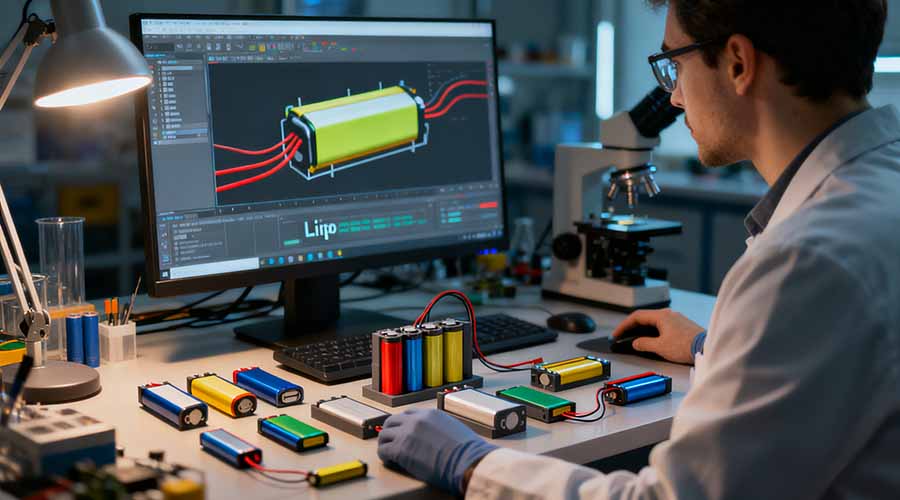
Step 4: Assess the R&D and Engineering Support
Reliable LiPo battery manufacturers don’t just produce batteries — they collaborate with your engineers to develop optimal solutions. This includes evaluating discharge rates, temperature tolerance, and life cycles.
Check whether the manufacturer has a dedicated R&D department. If they can offer design optimization or simulation support, it’s a strong indicator that they value innovation and customer satisfaction.
Avoid factories that only provide standard models and have no technical flexibility. Custom LiPo battery packs require professional design input to ensure stable performance in your final product.
Step 5: Analyze Communication Efficiency and Responsiveness
Smooth communication is essential to avoid costly mistakes during the customization process. The best LiPo battery manufacturers have bilingual sales teams and engineers who understand both technical and business requirements.
When evaluating a potential partner, observe how they respond to your questions:
- Do they provide clear, detailed answers?
- Do they follow up promptly?
- Are they transparent about lead times and costs?
Delays in communication can result in production downtime or shipment errors. A professional manufacturer keeps communication consistent from design to delivery.
Step 6: Compare Pricing — But Don’t Choose the Cheapest Option
While cost matters, choosing the lowest price often leads to low-quality cells, short lifespans, and inconsistent performance. Reliable manufacturers price their LiPo batteries based on quality materials, safety protection circuits, and advanced testing.
When comparing quotes, ask for a breakdown of costs, including materials, assembly, and testing fees. Understanding what you’re paying for helps you identify hidden costs and make smarter business decisions.
Step 7: Identify Common Pitfalls When Cooperating with LiPo Battery Manufacturers
Even experienced buyers can encounter pitfalls when working with new suppliers. Here are a few to watch out for:
- Unclear specifications — Always confirm details like voltage, capacity, and protection boards before production.
- No sample verification — Never skip the prototype testing stage.
- Vague delivery timelines — Require a clear project schedule with milestones.
- Hidden costs — Make sure your quotation includes packaging, logistics, and certification fees.
- Weak after-sales support — Choose a manufacturer that provides technical assistance and warranty terms.
Avoiding these issues will help you maintain control over product quality and timelines.
Step 8: Request a Transparent Quality Assurance Process
A reliable LiPo battery manufacturer should share their full quality control workflow — from incoming material inspection to final shipment testing. Ask to see their factory audit report or a video tour if possible.
You can also request batch traceability records to ensure each battery cell can be tracked back to its source. This not only boosts reliability but also ensures compliance with safety regulations in your target market.
Step 9: Evaluate Long-Term Partnership Potential
The best partnerships are built on trust and shared growth. A reliable LiPo battery supplier will prioritize long-term cooperation by offering continuous support, volume discounts, and product upgrades as technology evolves.
Discuss long-term supply agreements and ensure both parties are aligned on production capacity, delivery frequency, and technical updates. This helps you secure stable supply and consistent quality over time.
Step 10: Conduct a Final Risk Assessment
Before placing a large order, perform a final risk check. Review the company’s financial stability, factory location, production capacity, and backup plans for emergencies.
If possible, visit the manufacturer’s site or conduct a third-party audit. Verifying these details in advance will protect you from supply chain disruptions or unexpected quality issues later.
Discover HiMAX’s High-Performance LiPo Battery Solutions
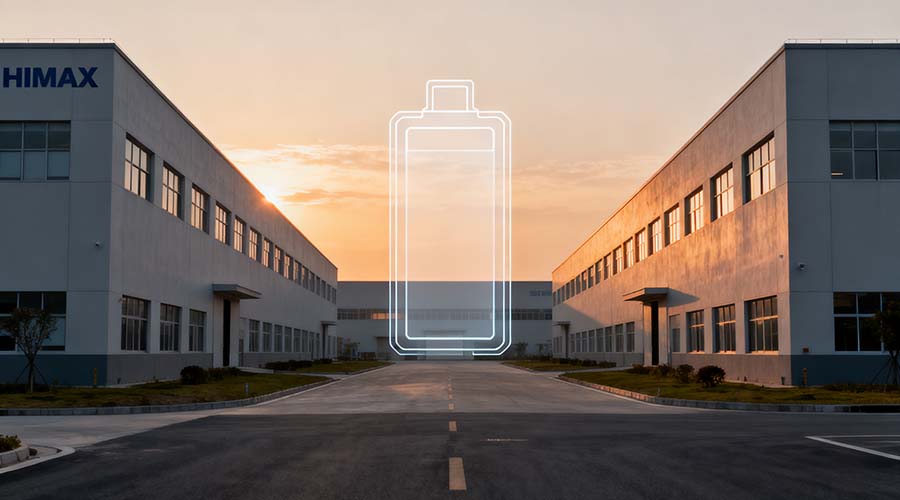
If you’re seeking a trustworthy partner for custom LiPo battery projects, HiMAX offers a full range of high-quality solutions tailored to various applications.
Their 200mAh~500mAh LiPo battery series is ideal for compact devices like wearables, Bluetooth earphones, and mini IoT sensors — offering stable voltage, long cycle life, and excellent discharge efficiency.
For higher energy needs, HiMAX’s 2000mAh~4000mAh LiPo battery lineup provides powerful performance for drones, portable tools, and e-mobility products. Each unit is designed with safety-certified materials and undergoes strict quality testing to ensure reliability.
Choose HiMAX to empower your devices with precision-engineered LiPo battery technology — combining safety, durability, and customized innovation for your next project.
Find articles related to lipo batteries

